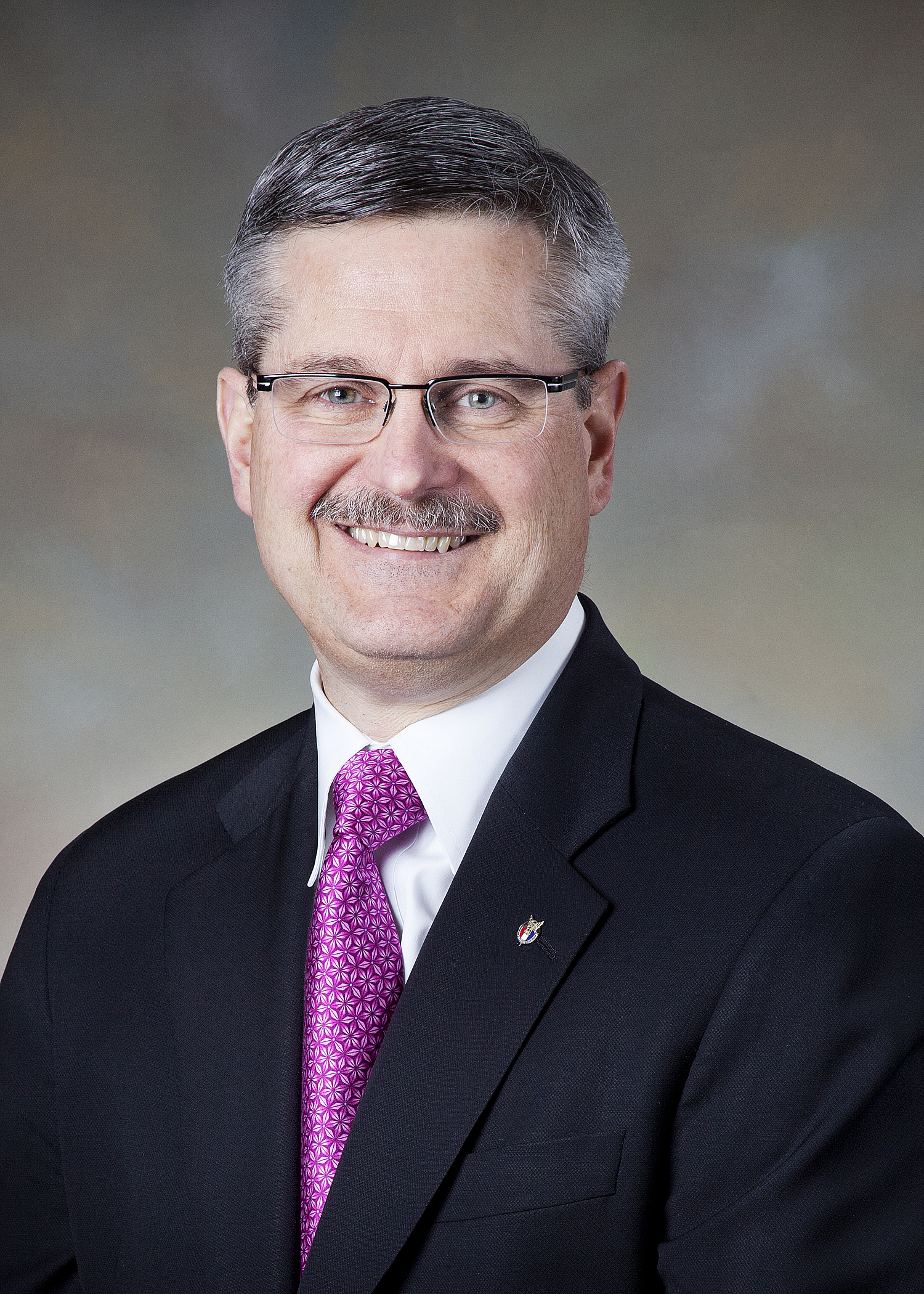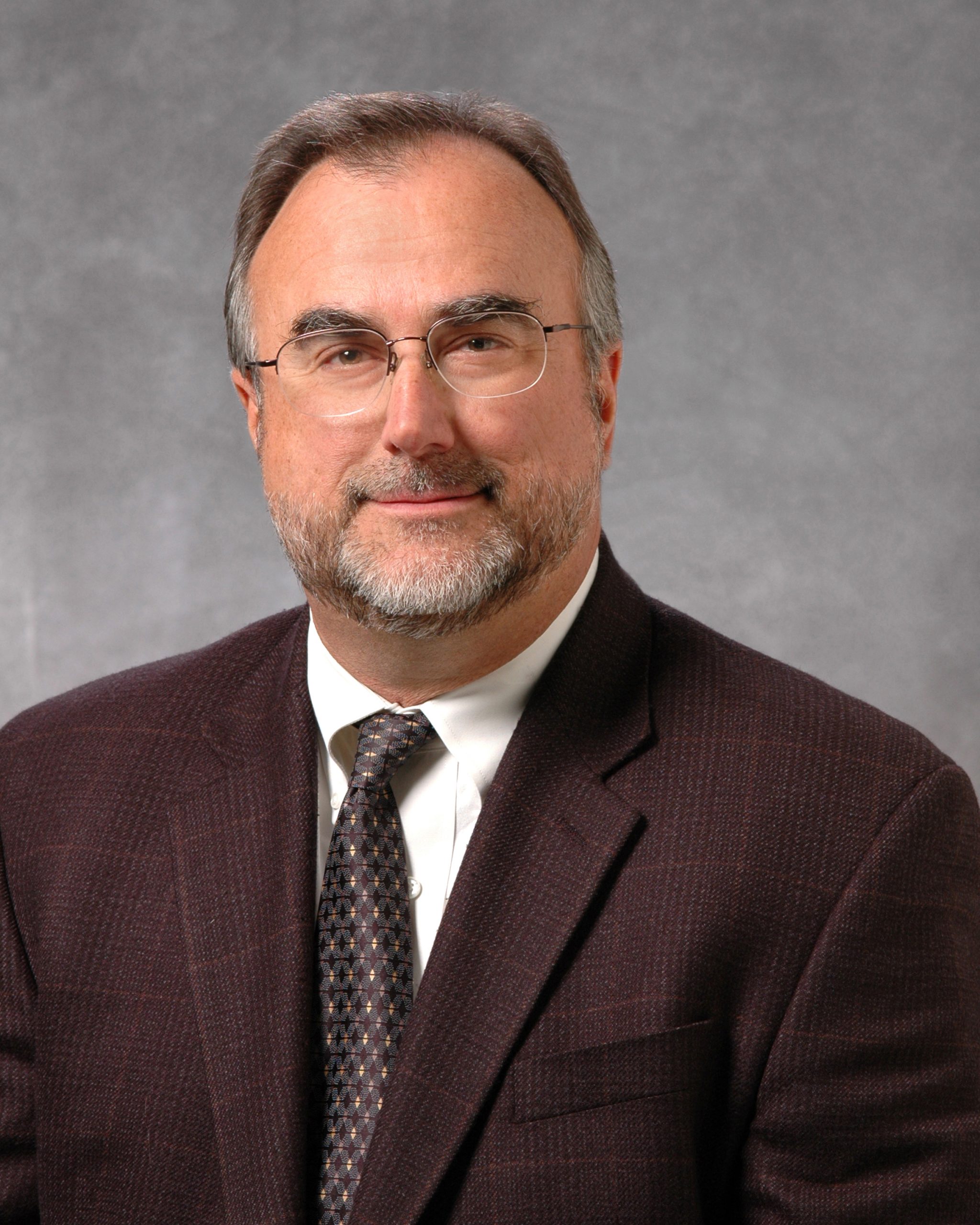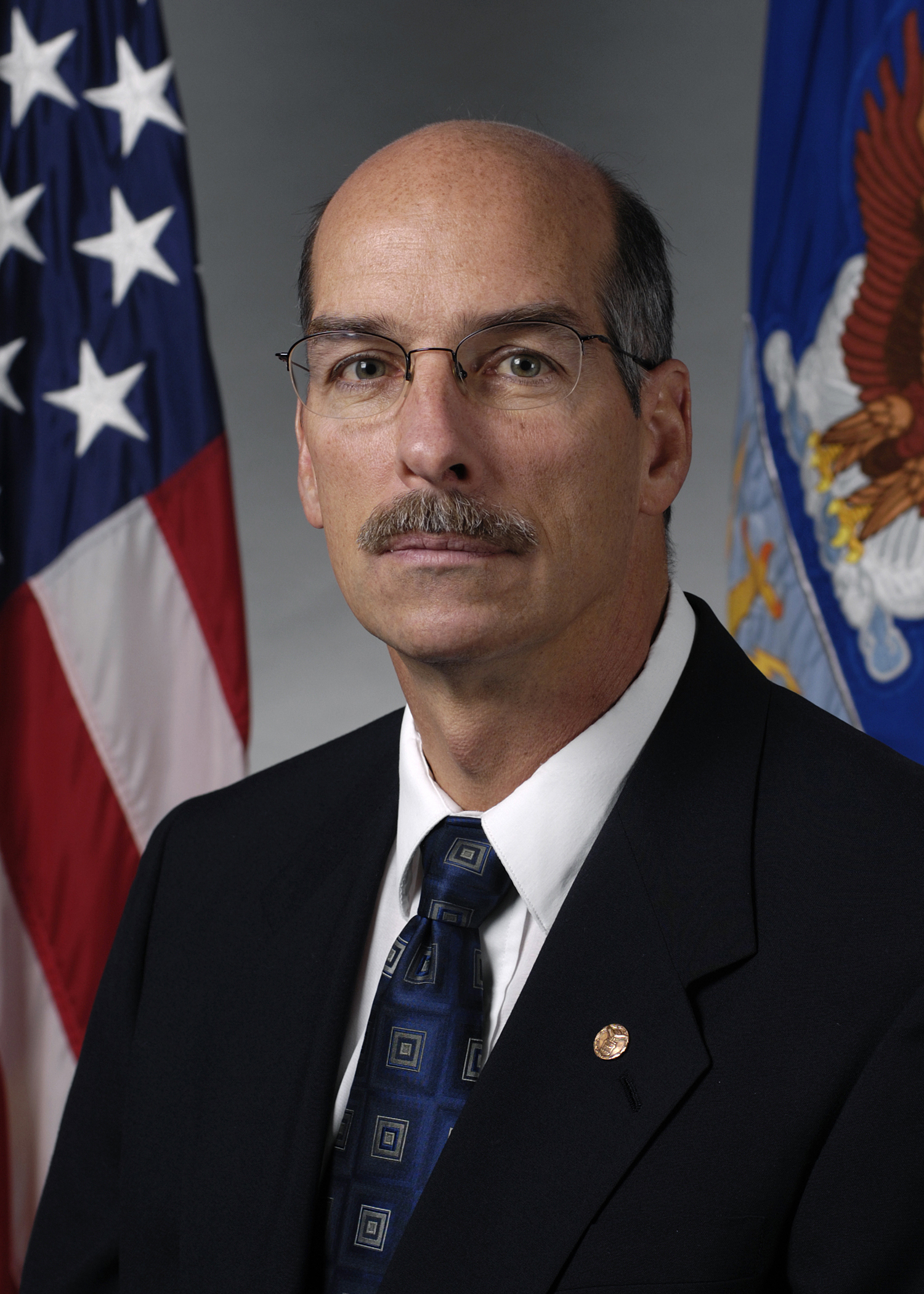ALBUQUERQUE, N.M. — Sandia National Laboratories has appointed Stephen Rottler as deputy director and executive vice president for National Security Programs effective March 6.

He succeeds Jerry McDowell, who will retire in July after 35 years at Sandia. McDowell has been executive vice president since 2010.
Rottler is vice president of Sandia’s California laboratory and head of the laboratories’ Energy and Climate unit, a position he’s held since February 2013.
Sandia President and Laboratories Director Paul Hommert made the announcement of Rottler’s appointment and McDowell’s retirement.
Hommert said McDowell has been instrumental in leading Sandia’s core nuclear weapons mission. “His keen insight into Sandia’s national security mission and his invaluable understanding of our customers have strengthened our institution,” Hommert said.
Hommert also announced the appointment of Gary Sanders as vice president of Weapons Engineering and Product Realization and chief engineer for nuclear weapons. Sanders succeeds Bruce Walker, who is retiring in March after 37 years at Sandia, the last three in the vice president’s role.

At Sandia’s California site, Rottler oversaw principal missions, including nuclear weapons stewardship; homeland security with a focus on defending against weapons of mass destruction; combustion, transportation and hydrogen energy research; biology; and advanced computational and information systems.
Before taking the helm in California, Rottler guided corporate research and development efforts as Sandia’s chief technology officer and vice president of Science and Technology. He has also held leadership roles within Sandia’s nuclear weapon mission area, including as chief engineer for nuclear weapons and vice president of Weapon Engineering and Product Realization, where he led Sandia’s nuclear weapon engineering and production activities.
Early in his career, Rottler managed computational fluid dynamics research and development at Sandia. He was also part of a research team that developed multidimensional radiation-hydrodynamics codes, and he led projects that supported the development of advanced nuclear and conventional weapon concepts.
Rottler was recently elected a fellow of the American Association for the Advancement of Science (AAAS), an honor bestowed upon AAAS members by their peers. He also is a fellow of the American Institute of Aeronautics and Astronautics and a former member of the institute’s board of directors. He is a recipient of the Department of the Air Force Award for Exemplary Civilian Service and serves or has served on the boards of the United Kingdom Atomic Weapons Establishment, New Mexico Humanities Council, the Albuquerque Explora Science Museum and Technology Ventures Corp.

Sanders served most recently as deputy chief engineer for nuclear weapons and director of weapon systems engineering at the New Mexico site. Prior to becoming deputy chief engineer, he served as the principal technical adviser for nuclear plans and policies to the secretary of the Air Force.
He has held multiple leadership roles at Sandia in nuclear weapon safety, weapon systems engineering and facilities management and construction and he has served as weapons program director. Sanders also has held positions at the Department of Energy in Washington, D.C., and with the Air Force Office of Nuclear and Counterproliferation in the Pentagon.
He is a recipient of the Department of the Air Force Award for Exemplary Civilian Service and the Air Force Decoration for Exceptional Civilian Service.
He joined Sandia in 1980 and has 34 years of experience in nuclear reactor and nuclear weapons engineering and safety design.
